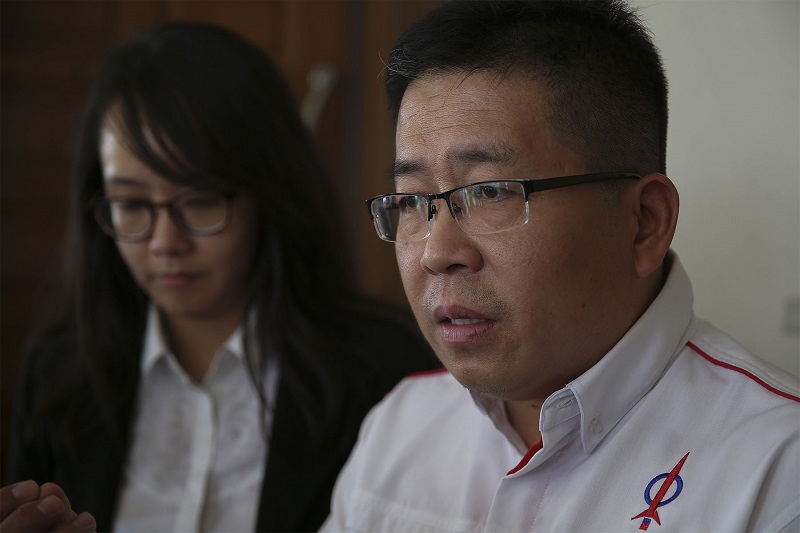ISKANDAR PUTERI, July 4 — The Johor Department of Environment (DoE) has stepped up its monitoring of companies and their effluent discharge into waterways to curb further river pollution, Tan Chen Choon told the Johor Legislative Assembly today.
The state local government, urban wellbeing and environment executive councillor said the department conducts stringent checks on palm oil refineries as well as industrial and treatment plants to ensure their waste is processed according to the standards set under the Environmental Quality Act 1974 and the various regulations under it before released into the rivers.
“Those found not complying with the prescribed pollution emission requirements will be subjected to legal action,” he said.
Tan also said that in addition to greater enforcement, the Guided Self Regulation (GSR) environment management system for industrial operators, which requires daily monitoring of the industrial effluent treatment system, is being implemented.
“In addition, the DoE has also implemented a pollution source survey programme that identifies pollution causes through river water quality monitoring,” he said.
Tan was replying Barisan Nasional’s Machap assemblyman Abd Taib Abu Bakar who asked what the state government was doing in the long term to prevent industrial and agricultural waste from contaminating Johor’s waterways.
However, the Jementah assemblyman said the DoE does not have specific provisions to act against errant livestock farms.
Instead, he said the agency will submit a review to the technical team committee chaired by the district veterinary service officer in the early stages before the farm begins operations.
“DoE also assesses the feasibility of the farm’s location if it is located close to a water treatment plant or rivers.
“In addition to that, environmental awareness through education programmes and information dissemination are also implemented by DoE to raise awareness,” said Tan.



















